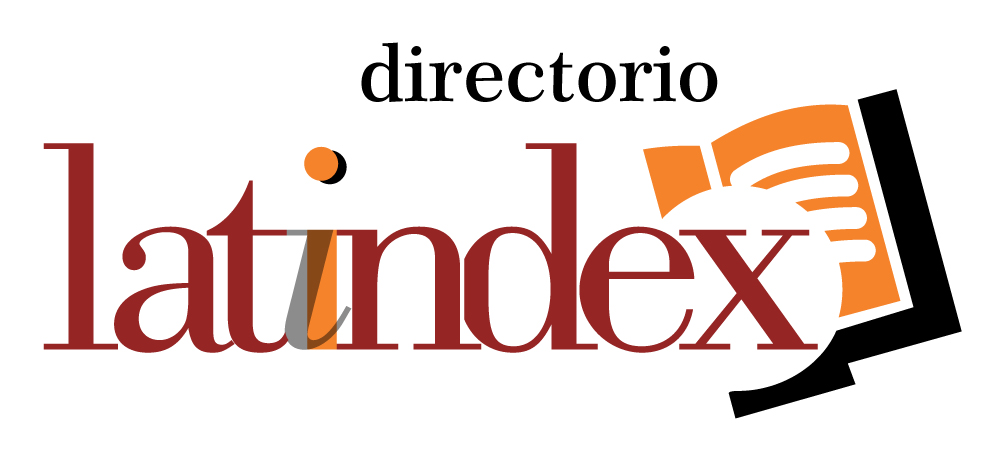The role of language for the foundation of the moral principle in the Habermas’ Discourse ethics
DOI:
https://doi.org/10.59780/qlnd5496Keywords:
Discourse ethics, Habermas, Pragmatics of communicationAbstract
This study aims to analyze the modulations of language in the Habermas’s Discourse ethics. In this way, it is intended to present, in general lines, the conception of an ethics based on the discursive capacity of the human being. Moreover, it seeks to offer an explanatory scope of a meta-ethics formulated from the linguistic-pragmatic paradigm. For that, some considerations will be presented on the concepts of communicative action and discourse, basic elements for the formulations of the moral principle (U) and the principle of discourse (D). In addition, the foundation of the moral principle (U) will be discussed both from the interactionist use of language as discourse, and from its derivation into pragmatic-transcendental elements presupposed in argumentative logic, such as the law of non-contradiction. Finally, the theoretical architecture of discourse ethics will offer an example of how language can support new proposals for equalizing moral dilemmas in the contemporary world.
Downloads
Downloads
Published
How to Cite
Issue
Section
License
Copyright (c) 2023 Gabriel Andrade Coelho Moreira

This work is licensed under a Creative Commons Attribution-NonCommercial-NoDerivatives 4.0 International License.









